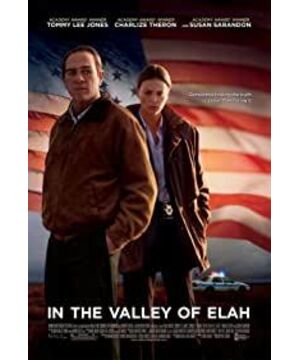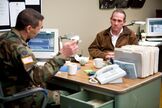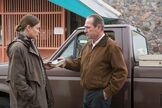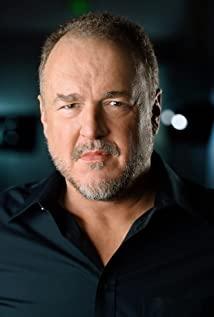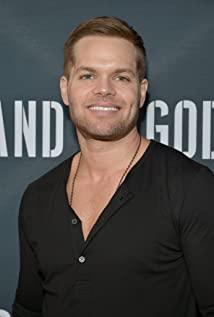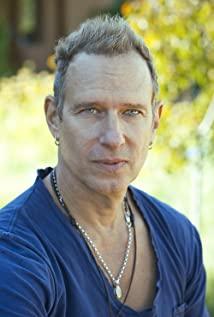The title "Decisive Battle at Elago" is full of metaphors. This is a story from Chapter 17 of "Bible Samuel". Elah Valley (Elah) is the place where the Israelites and the Philistines fought in the biblical story. It is a river valley about 30 kilometers long and one of the three main passages from the Philistine Plain to Jerusalem. More than three thousand years ago, it was here that the young hero David had a heavy mission and fought fiercely with the giant Goliath, and finally defeated the giant. This allusion implies the psychological trauma and personality alienation that one has to face after experiencing an impossible victory. The editor Paul Haggis explained this metaphor himself: "When the king sent David to Elago to deal with the giant Goliath, he only had five stones as a weapon. I saw this and asked myself: Who is there? Can accomplish this kind of mission? And who would send a young man to deal with a giant?" The entire American society at the moment has slowly calmed down from the initial turmoil instigated by the government, and began to reflect on the nature of the Iraq war. What the film asks is that the government only sends countless youths to fight on the front lines, and who should be responsible for the trauma of war suffered by each individual? This is undoubtedly a profoundly suitable work. In terms of plot setting, the film lets an honest father step by step reveal the truth about the murder of his son returning from Iraq by his companions, so the fact that his son was alienated by the war is cruelly presented using the family relationship between father and son as a carrier. Give the film an extremely moving feeling of compassion.
View more about In the Valley of Elah reviews


